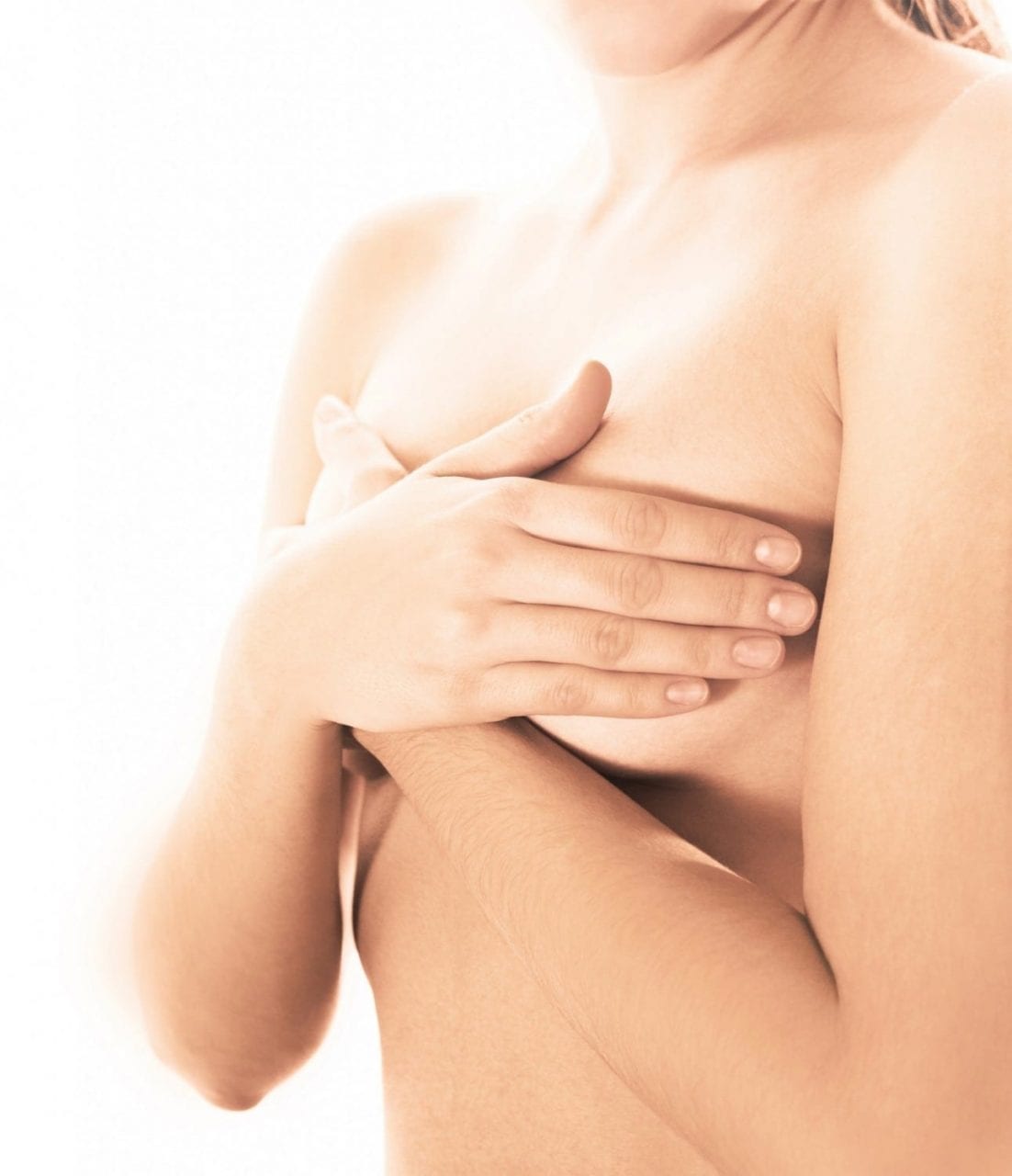Breasts are the best! You have to give them some more love.
Whether you own them or not, you know that they are good – a symbol of nourishment, fertility, warmth and sexuality; breasts are synonymous with all things good and wholesome. Breasts are the ultimate expression of giving. Women offer up their beautiful breasts to nurse their babies until they can chew and swallow food on their own. We see breasts as a symbol of femininity and sexuality – in fact, the breast is flaunted about our media like giant sacks of wealth, our eyes glued to their every move as though at any moment, they might explode, showering us with nurturing, warmth and riches.
So, as with all things that we need, use, want and desire – we need to be aware of the constant flow of energy, and give back from where we have taken. This means giving some love back to the breasts in the form of nutrients, energy and nourishment. The breast needs to be nurtured as much as anything or anyone else. I’m going to give you a few ideas on how to feed your feeders, nourish your knockers, and make your jubbly’s feel lovely.
1. Nutrition – important nutrients for breast health include:
- Iodine – this is found primarily in seaweed, seafood, mushrooms, sunflower seeds, asparagus and garlic. Iodine insufficiency can cause breast tissue hyperplasia and painful, lumpy breasts
- Vitamin B6 – found in avocado, carrot, chicken, eggs, legumes, sunflower seeds and walnuts – vitamin B6 can help reduce premenstrual breast tenderness
- Vitamin E – found in almonds, corn, eggs, hazel nuts, sunflowers and wheat germ. Vitamin E can reduce the painful condition of fibrocystic breast disease and quell premenstrual breast tenderness
- Brassica family foods – these include cabbage, Brussels sprouts, cauliflower, kale and radishes
- Phyto-oestrogen foods such as linseeds compete with stronger oestrogens in the body for receptor sites, thereby reducing the proliferative effect of oestrogen on breast tissue
- Foods to support the liver – herbs such as turmeric, rosemary and bitter greens are known to increase liver detoxification thereby promoting healthy oestrogen clearance in the body
[av_image src=’https://brisbanenaturalhealth.comwp-content/uploads/2015/08/breast-pain-small-300×200.jpg’ attachment=’5783′ attachment_size=’medium’ align=’center’ animation=’no-animation’ styling=” hover=” link=” target=” caption=’yes’ font_size=” appearance=” overlay_opacity=’0.4′ overlay_color=’#000000′ overlay_text_color=’#ffffff’ av_uid=’av-7cecl’]
Self-massage helps to identify any lumps or pain early on so you can get it checked out.
[/av_image]
2. Massage – lymphatic drainage
- Breast massage is not only a great way to perform a regular check for lumps or abnormalities, but is also necessary for good breast health. Breast tissue contains lots of lymphatic vessels, which are designed to drain wastes and toxins from the tissues into the circulation for eventual removal and excretion. By massaging the breast tissue regularly, you are helping this garbage collection system to do its job more efficiently resulting in tissue detoxification.
- Start by using some nice massage oil – I suggest an almond or macadamia oil base, with the inclusion of essential oils to help lymphatic drainage (such as calendula oil). Start at the nipple and work in a circular sweeping motion outwards towards the armpit. Practice this massage technique twice weekly for best results.
3. Things to reduce
- Caffeine – can add to the painful breast changes that occur with a menstrual cycle as well as the condition known as ‘fibrocystic breast disease’ where lumps of ropey tissue develop under the skin.
- Alcohol is also known to have a negative impact on breast health
- Saturated fats and trans fats – these are essentially inflammatory foods and can have a negative impact on all areas of health – breast included.
If you have specific breast issues or experience painful breasts leading up to your period you may have a hormonal imbalance that requires the advice of your naturopath. Breast pain is not normal and needs to be assessed – call us on 07 3367 0337 for help or see your doctor.



